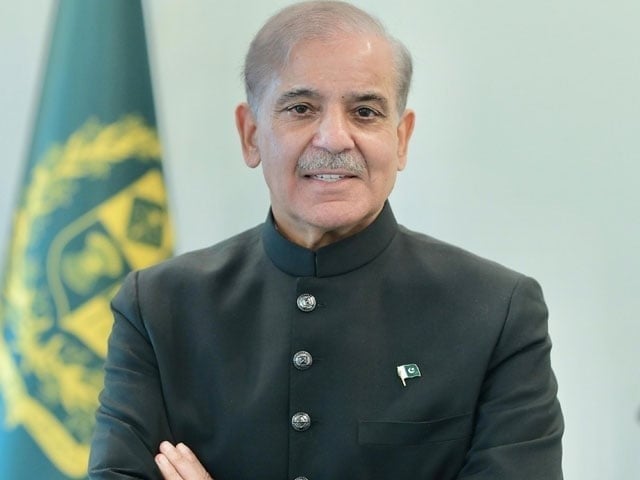Islamabad – The World Bank has raised alarm over Pakistan’s health budgeting system, identifying inefficiencies that obstruct service delivery and waste public resources. In its latest report “Budget execution in health: from bottlenecks to solutions,” the Bank observed that Pakistan still relies on historical allocations instead of realistic costing, causing frequent expenditure overruns and shortfalls.
The study found the budgeting process excessively centralized, leaving little room for input from frontline health facilities. This approach, it said, results in unrealistic projections, mismatched allocations, and severe fiscal constraints, worsened by mid-year cuts. Unpredictable fund releases have left hospitals unable to cover even basic costs, including utilities. Weak cashflow management and flawed revenue forecasting further exacerbate under-execution.
https://www.youtube.com/@TheRepublicPolicy
The Bank criticized bureaucratic red tape, noting that bills as low as Rs200 face the same complex approval process as those over Rs1 million. While a “Green Corridor” has been introduced for low-value payments, broader reforms remain urgent. Limited financial autonomy at health facilities, combined with poor connectivity in automated reporting systems, continues to delay real-time monitoring. Experts warn that unless Pakistan decentralizes and reforms health financing, service delivery will remain fragile and inefficient.















